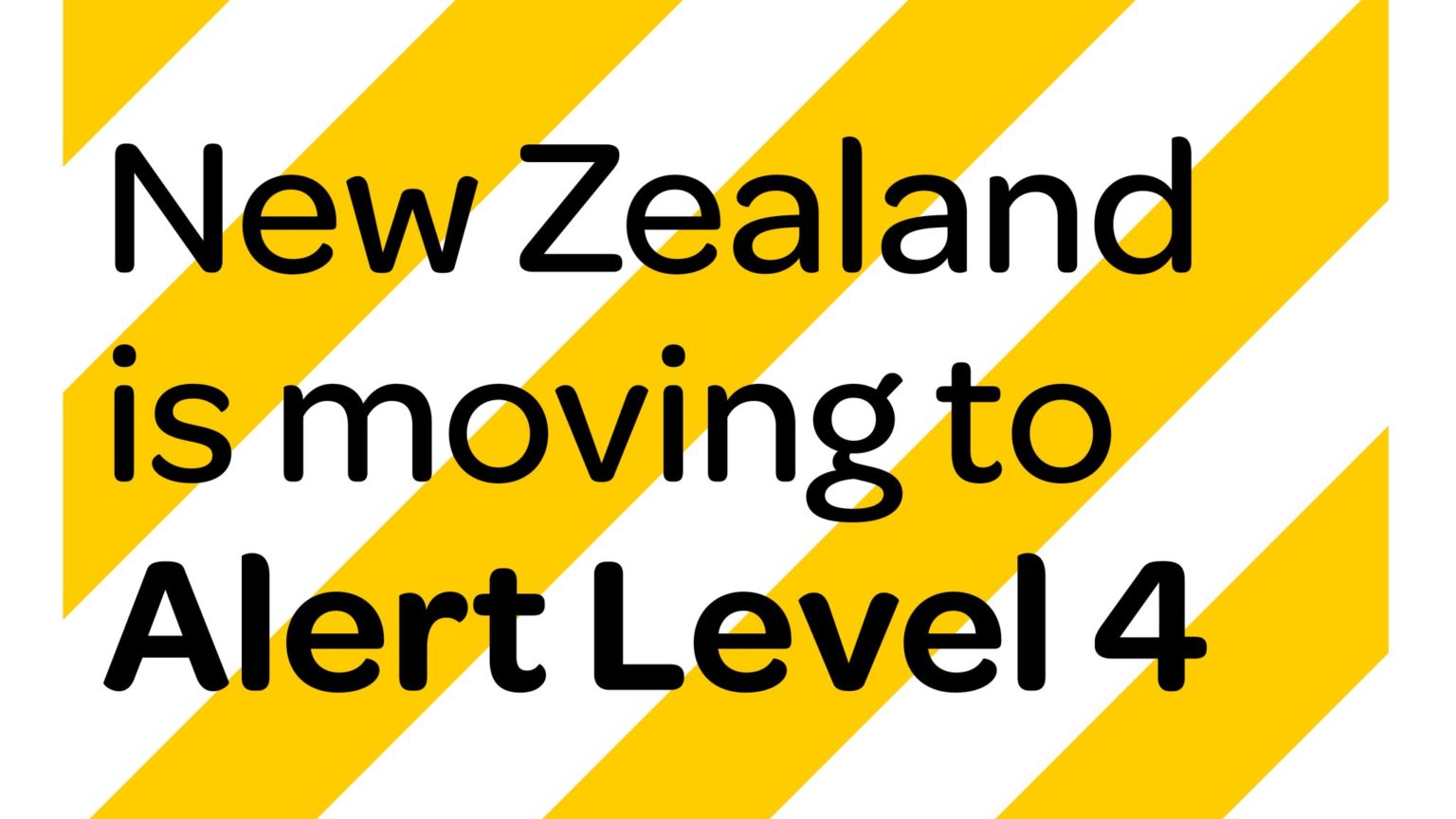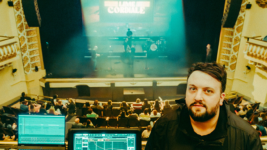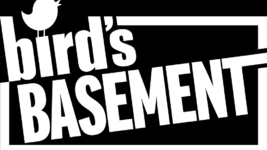News
9 Sep 2021
Delta and the implications

Subscribe to CX E-News
Deep down we all knew the Delta variant of COVID-19 would breach our defences. Ironically Delta landed only days after the Government announced how New Zealand would reconnect with the world while maintaining an elimination strategy for COVID-19. Just as we pulled our passports out the cupboard to check the expiry date, New Zealand was suddenly plunged back into an Alert Level 4 lockdown.
The lockdown has hit the entertainment industry hard again. Event postponements and cancellations, and the knock on loss of employment, are widespread, with some businesses who were just rebuilding forced to let staff go again. Most worrying of all are the potential ramifications of the Delta version of Alert Level 2. Auckland Pride may have summed it up best of all, “While proportionate for stamping out Delta, reducing gathering limits to fifty people means that most live events are no longer financially viable at Alert Level Two. While the sector has previously adapted to Alert Level Two restrictions to proceed with shows, once performers and crew are accounted for, this new limit is significantly more restrictive.” Auckland Pride Executive Director, Max Tweedie called out for Government support for the industry, “While we support the need for increased restrictions in response to the Delta variant, the Government must ensure the burden doesn’t fall on our artists.”
* The Government has since clarified in the DELTA Alert Level 2 Gatherings FAQs that limits of 50 people at indoor hospitality venues, gatherings or event facilities does not include staff. ETNZ are updating guidelines as they change here: https://www.etnz.org/covid-19-resources-and-information/#government-covid-19-website
Not only is the fifty person limit on indoor venues restrictive logistically, the implications of the Delta variant’s transmissibility on event risk management are significant. Event organisers across the country are currently assessing the Alert Level 2 risk to staff, audiences and reputation should an outbreak occur under their watch versus the economic and socio-cultural return. As one audio-visual hire company put it, “Clients were just getting their heads around the health and safety procedures and feeling confident holding physical events again. Delta’s rewriting the rule book and making them very nervous.”
Many companies are simply relying on New Zealand’s ‘hard and early’ approach to bring us speedily back to Alert Level 1, rather than tackle staging an event at Alert Level 2. The hugely celebratory Pacific Music Awards scheduled for September 1st at the Vodafone Events Centre and forced to go online last year, have optimistically just postponed to October 8th. The Pro-Audio Showcase has shifted out to November, experimenting with a Friday/Saturday event rather than the traditional mid-week format. Most theatre productions have rescheduled to October, November and beyond subject to Alert Levels.
Some shows did quickly revert to a streaming format. New Zealand Royal Ballet launched The Firebird Online ten days after the Alert Level 4 lockdown was announced, with an online premiere that included a pre-show build-up, post show celebrations, and even a ‘Firebird inspired cocktail’ recipe.
The mandatory record-keeping for businesses that was announced on 22nd August is less of a burden for the events industry and audio-visual businesses with the majority having adopted processes following the initial COVID outbreak in 2020. Although when the mandatory record keeping rules were first announced, the Government suggested that customers and visitors to venues would also be put under an obligation to make use of scanning in facilities. This caused anxiety for some business and event operators, it not being clear if they would be expected to enforce scanning in, or turn away non-compliant customers. The government has now clarified that businesses and venues will not be held responsible for people who refuse to record their visit, a welcome clarification for establishments already likely to be under pressure with recent closures, for whom being made to turn away non-compliant customers would cause further loss.
The requirement for two metre social distancing in indoor venues compounds the fifty people limit. One metre in the workplace will have implications with some businesses establishing a week in / week working from home roster to avoid overcrowding. Mask use, now required in most public places, will be more of an interesting watch, potentially negatively impacting an audience’s desire to ‘go out’.
In the meantime, there is financial support available. The wage subsidy applications opened on 20th August for any business nationwide suffering a loss of forty percent or more, regardless of Alert Level. The amount has been increased to $600/week for a full-time employee and $359/week for a part-time employee. The one off resurgence support payment was also available from 24th August 202, and Leave Support, Short-Term Absence Payments, and the Small Business Cashflow Scheme are other potential sources of support to businesses or individuals.
Entertainment Technology NZ is also reminding its members, even those with COAL (free) membership, that access to well-being and financial support is available. Visit their website resources page for more information: https://www.etnz.org/covid-19-resources-and-information/
Subscribe
Published monthly since 1991, our famous AV industry magazine is free for download or pay for print. Subscribers also receive CX News, our free weekly email with the latest industry news and jobs.






